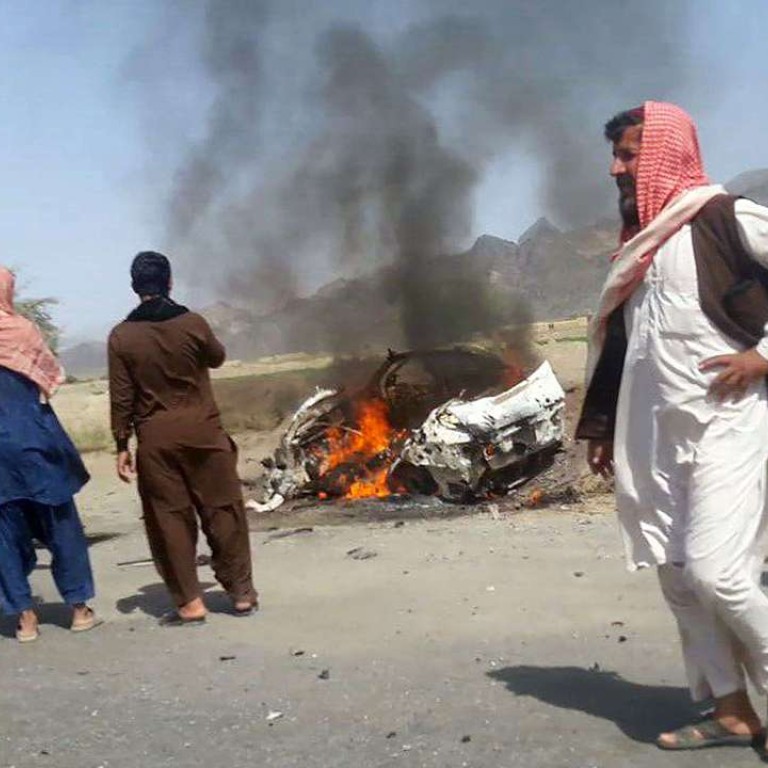
China must push ahead with making peace in Afghanistan
Instability and extremism threaten China’s strategic and trade ambitions in the region, but the nation must face the diplomatic challenge
China well knows the benefits of peace in Afghanistan. The success of the “One Belt, One Road”initiative depends on such an outcome, as does ending the threat of terrorism in Xinjiang (新疆). The country’s taking of a leading position in trying to get the Afghan government and rival Taliban into negotiations shows its determination to find a solution as well as an understanding of the importance of its role. But just as crucial a part of the process is convincing Pakistan to drop its support for Muslim extremism.
Beijing is the only government to have gained the trust of Kabul, the Taliban and Islamabad. Its partnering since December with all three and Washington to form the Quadrilateral Coordination Group has given the best hope yet of a solution. But for now, despite hosting talks with top leaders in Beijing, it has been unable to get the Taliban to the negotiating table. Afghanistan has also repeatedly expressed concern about Pakistan being a haven for terrorists, with its military providing weapons and bases and its government funding the Taliban, accusations that have been denied.
But the killing in US attacks on Pakistani soil of top leaders like al-Qaeda’s Osama bin Laden and the Taliban’s Mullah Akhtar Mansour make clear the problem is about more than a porous border with Afghanistan. Pakistan’s rivalry with India has led to, at the least, encouragement of militant groups and their presence has attracted the growth and spread of extremism. Among those named are the East Turkistan Islamic Movement, which represents extremist Uygurs in Xinjiang and was blamed for a bombing on the Chinese embassy in Kazakhstan in August.
There is no certainty that China can alter Pakistan’s strategic behaviour. Islamabad perhaps has no closer ally, but for decades the relationship has been mostly about the nation being a counterweight to India. The belt and road alters that, though, and Beijing last year initiated US$46 billion in projects that involve construction of crucial infrastructure including roads and a port. Afghanistan is similarly central to plans and can be an important transport hub as well as a market for Chinese goods.
Bringing peace to Afghanistan is rife with challenges; the Soviet Union and the US and its Nato partners tried unsuccessfully. But extremism threatens Afghanistan’s development as well as China’s Silk Road ambitions. Beijing gained valuable experience in international diplomacy in the deal struck last year to curtail Iran’s nuclear aspirations. That alone should be a confidence builder to resolutely push ahead with peacemaking in Afghanistan.

